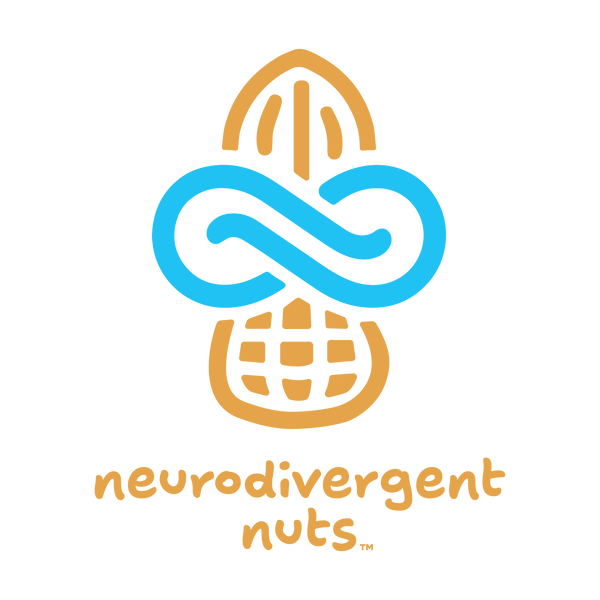Neurodivergence and Our Business Model
Share
Written by Jack Dwyer
If you’ve spent even a little time on our site, you are no doubt aware of our mission. Our goal, as a business, is to provide work opportunities and experience for neurodivergent people. We pride ourselves on not just being a neurodivergent-friendly business, but a neurodivergent-run business at every level. This website you are on is coded and programmed by an autistic student. So is this blog you are reading right now! (Hello! -Jack!) In short, Neurodivergent Nuts is less about the actual nuts and more about supporting people who are inexperienced in the business world.
This isn’t just something we do so neurodivergent people can feel “special.” The reality is that a disproportionate amount of neurodivergent people are unemployed – up to 40%. Considering the number of neurodiverse people in the world reaches 20%, these figures are concerning. The unemployment figure is not because of any weakness in the character of neurodiverse people; rather, this stems from rigidity from the neurotypical business world. The neurotypical business model is unequipped for differences in thinking of a neurodiverse brain (or, indeed, any brain that thinks differently.) Those in these circumstances must fit standards imposed by neurotypicality; standards that discourage different ways of acting or thinking.
As an example, a neurodivergent (let’s say, ADHD) person is working in an office on reports that need to be done by the end of the day. They’re doing the re, slowly but surely, when suddenly, two people are faintly heard outside their cubicle and are getting closer. The person will become distracted from their work and start paying attention to that conversation – and there isn’t a way to drown it out. The neurodivergent person will be taken out of their work and thrust into something else. Now, imagine this happening to the neurodivergent person dozens upon dozens of times per day.
This isn’t because this person is lazy or doesn't want to do their work – it’s because their brains experienced a drop in productivity – about 66%. Compound this with the number of times they get distracted, and you get unfinished work and frustrated bosses. A neurotypical person would see this and conclude that they have hired an underperformer, but this is not the case. It’s simple: neurotypical work patterns are incompatible with the neurodiverse brain.
But neurodiverse minds are just as capable, if not more capable, at work than neurotypical minds. The neurodivergent brain is exceptionally good at skills like hyperfocusing, creativity, innovative thinking, detail processing, and authenticity. This is why neurodivergent people are in demand at companies – due to how much information they can process and produce.
Now that you’ve reached the end of this week’s article, you've become even more acquainted with our mission and what it takes for us to be successful in that. With every purchase you make, you help support the development and livelihood of our neurodiverse employees and help our program grow and maintain outreach. The handcrafted roasted nuts are just a bonus – making a difference is the real treat here.
Source: https://europeblog.milliken.com/10-neurodiversity-at-work-statistics-that-might-surprise-you
